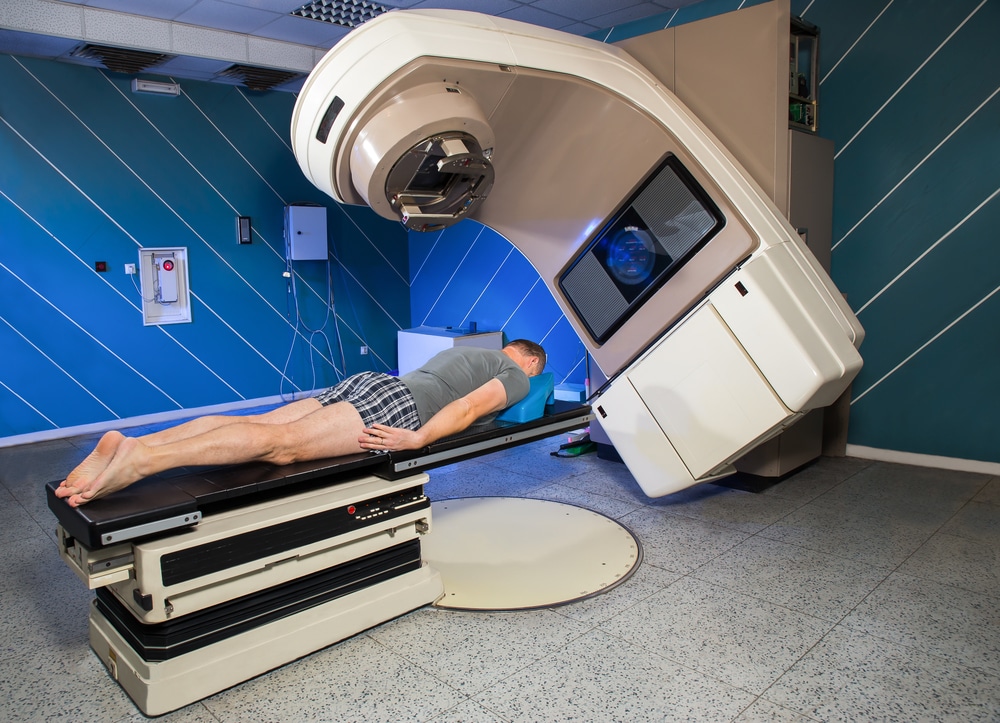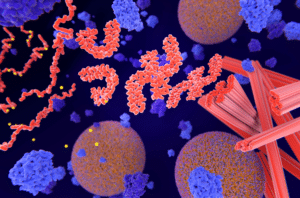Alzheimer’s disease is one of the leading causes of death for older Americans, constituting between 60 and 80 percent of dementia cases. While the medical community hasn’t yet found a cure for Alzheimer’s, a recent radiation study may prove promising in terms of easing – or even reversing – advanced Alzheimer’s symptoms. Find out more about how radiation therapy could ease Alzheimer’s symptoms and dramatically improve patients’ quality of life.
Treating Alzheimer’s Symptoms Without Radiation
As mentioned above, there is currently no cure for Alzheimer’s. There are, however, several treatments that can influence drug progression, as well as non-drug therapeutic interventions. In terms of prescription drugs, the Food and Drug Administration (FDA) has approved a wide variety of drugs that help patients manage Alzheimer’s symptoms. Most recently, the FDA made headlines when it provided accelerated approval for a new medication, aducanumab, marketed under the drug name Aduhelm, which may help slow the progression of Alzheimer’s. Unfortunately, Aduhelm has not yet been shown to meaningfully affect clinical symptoms or outcomes. With this in mind, a group of scientists in Canada recently set out to explore a supplement to Alzheimer’s drugs: radiation treatment.
Treating Alzheimer’s With Radiation Therapy
Medical News Today reports that a recent pilot study conducted by three groups of scientists in Canada showed promising results. In the study, scientists administered low doses of radiation – about the levels associated with a CT scan – to a group of severe Alzheimer’s patients. The study, which appeared in the Journal of Alzheimer’s Disease, builds on a 2015 case study. The latter found that a patient with severe Alzheimer’s experienced significant improvement in cognitive abilities, speech, and movement after receiving low doses of radiation. In an effort to expand the findings from the 2015 study, researchers branched out to explore radiation’s effect on oxidative stress, which can cause DNA and cellular damage and contribute to the development of neurodegenerative conditions like Alzheimer’s disease. To accomplish this, researchers recruited four participants with severe Alzheimer’s disease, delivering three separate low-dose radiation treatments to each participant through normal CT brain scans.
Radiation Therapy Protocol
The study analyzed both quantitative and qualitative measures. The quantitative measures – cognitive, behavioral, and functional abilities — showed only minor results. However, the qualitative measures, mainly interactions with family members and caretakers, were significant. Per Medical News Today, three of the four participants experienced increased alertness, awareness, and recognition within just one day of their first radiation treatment. One of the participants recognized a family member immediately and showed signs of feeling like his old, pre-diagnosis self. “He was excited to see me – he spoke to me right away and gave me multiple kisses – real kisses like years ago,” said the participant’s family member. “He was clapping his hands to the music. My mom agreed [it’d] been years since he has done this.” Only one of the participants showed no changes, and no participants appeared to worsen as a result of the treatment.
Implications of the Study
As Medical News Today explains, the study’s effects are positive but limited. The small sample size of only four participants, as well as the lack of a control group, both limit the study’s reach. In the future, the authors hope to conduct larger follow-up clinical trials to help determine the optimal dose of radiation, as well as the optimal time between doses.
_____
So, could radiation therapy help ease Alzheimer’s symptoms? Initial study results are certainly promising. However, scientists must conduct larger, more comprehensive studies before doctors can employ radiation on existing Alzheimer’s patients. Either way, the study is another in a recent string of positive research developments for the Alzheimer’s community.
Scantox is a part of Scantox, a GLP/GCP-compliant contract research organization (CRO) delivering the highest grade of Discovery, Regulatory Toxicology and CMC/Analytical services since 1977. Scantox focuses on preclinical studies related to central nervous system (CNS) diseases, rare diseases, and mental disorders. With highly predictive disease models available on site and unparalleled preclinical experience, Scantox can handle most CNS drug development needs for biopharmaceutical companies of all sizes. For more information about Scantox, visit www.scantox.com.









